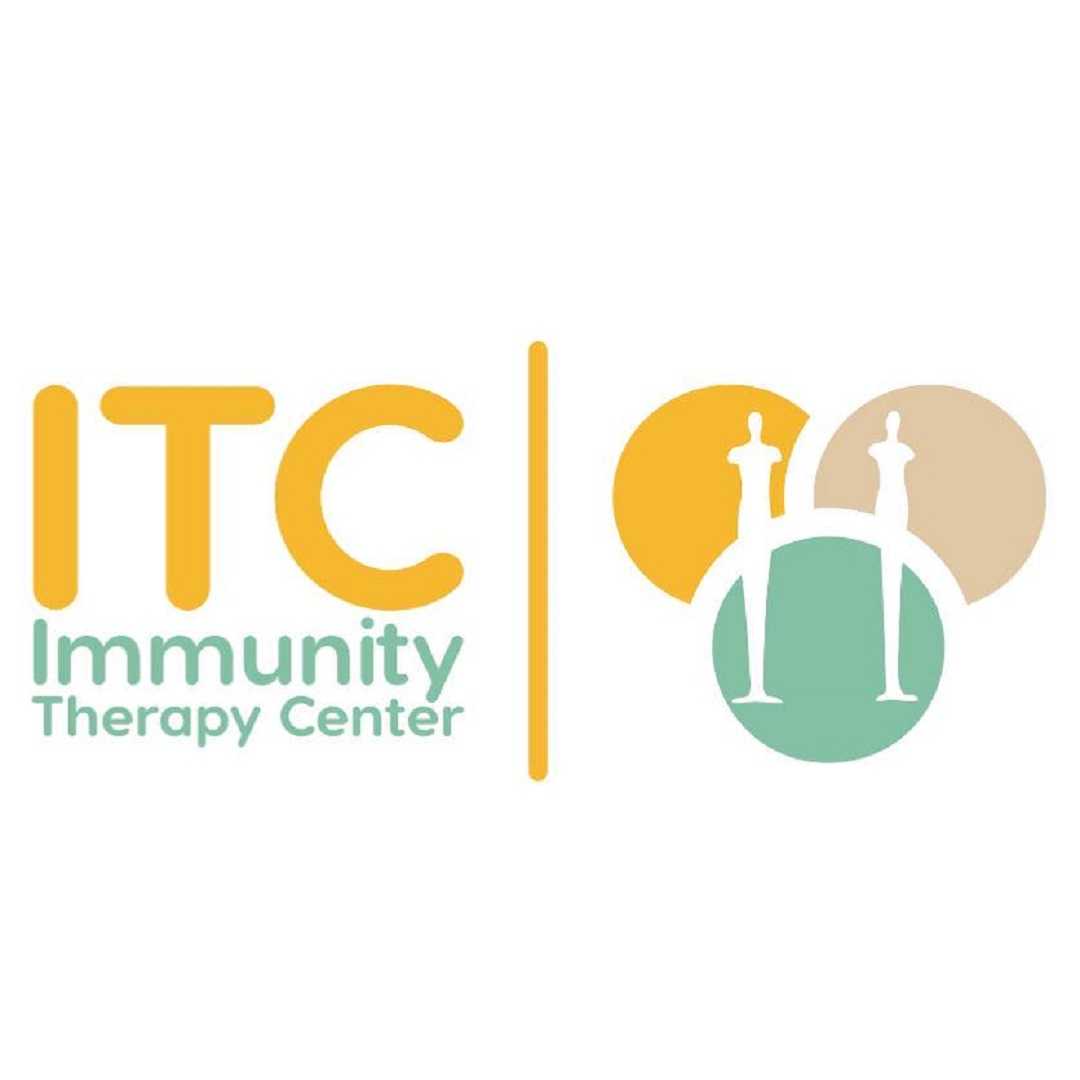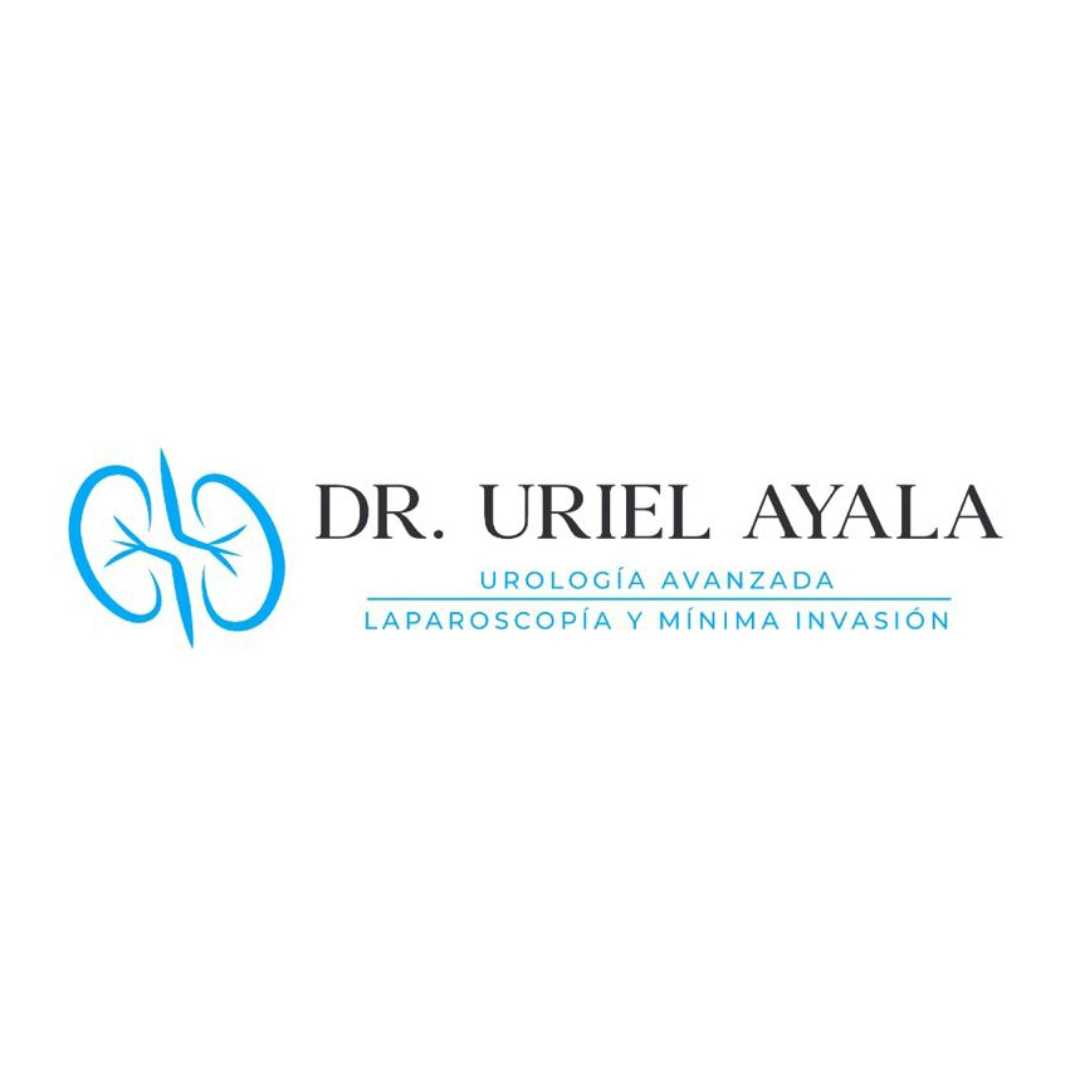Are Alternative Treatments for Cervical Cancer in Mexico Worth the Risk?

A diagnosis of cervical cancer is a life-altering event, prompting patients and their families to explore every possible avenue for treatment and healing. For many, this search extends beyond conventional medicine and across borders to Mexico, a country that has become a prominent hub for alternative and integrative cancer therapies. The central question many people ask is: Are there alternative treatments for cervical cancer in Mexico?
The answer is yes. Mexico offers a wide variety of alternative and integrative treatments for cervical cancer, ranging from scientifically supported therapies used alongside conventional care to highly experimental and unproven methods. These clinics, often located in cities like Tijuana and Cancun, attract patients from around the world who are seeking options not available or approved in their home countries. However, navigating this landscape requires a deep understanding of the treatments, a critical eye for the evidence, and a strong dose of caution.
What is the Standard of Care for Cervical Cancer in Mexico?
"The standard of care for cervical cancer in Mexico, as in most developed nations, is based on evidence-backed conventional medicine. This includes surgery, radiation therapy, and chemotherapy, often used in combination depending on the stage of the cancer."
Before exploring alternatives, it's crucial to understand the proven, frontline treatments. Mexico's public health system, through institutions like the IMSS (Instituto Mexicano del Seguro Social), provides these standard therapies. Early-stage cervical cancer is often treated with surgery, such as a hysterectomy. For locally advanced stages, the most common and effective treatment is a combination of radiation therapy and chemotherapy (chemoradiation). These are the treatments with extensive scientific data supporting their effectiveness in treating and curing cervical cancer.
What Are the Most Common Alternative Treatments Offered?
"The most common alternative treatments for cervical cancer in Mexico include hyperthermia, various forms of immunotherapy, metabolic therapies like the Gerson Therapy, and IV treatments such as high-dose Vitamin C and ozone therapy."
These therapies are often bundled into personalized, multi-week programs. Clinics promote a holistic approach, aiming to treat the "whole person" rather than just the tumor. This often includes nutritional plans, detoxification protocols, and emotional or spiritual support alongside the primary alternative treatments.
What is Hyperthermia Therapy for Cervical Cancer?
“Hyperthermia therapy, which involves heating tumors to make them more vulnerable, is one of the few alternative treatments with scientific evidence supporting its use in treating cervical cancer when combined with radiation therapy.”
Hyperthermia, or thermal therapy, involves raising the temperature of tumor tissue to between 40-43°C (104-109°F). Heat can damage or kill cancer cells and, importantly, can enhance the effectiveness of other treatments. Numerous studies have shown that adding hyperthermia to a standard course of radiation therapy can significantly improve tumor response and survival rates for patients with locally advanced cervical cancer. Some Mexican clinics offer regional hyperthermia, which is consistent with how it's used in evidence-based integrative oncology.
What About Immunotherapy in Mexican Clinics?
“Many Mexican clinics offer 'immunotherapy,' but these are often experimental and differ from the FDA-approved immunotherapy drugs used in conventional oncology. These may include dendritic cell vaccines or Natural Killer (NK) cell therapy.”
While immunotherapy is a revolutionary pillar of standard cancer care, the versions offered in many alternative clinics in Mexico are not the same. These treatments aim to stimulate the patient's own immune system to fight the cancer. While the concept is sound, the specific methods used often lack the rigorous clinical trial data required for approval in the US or Europe. They should be considered highly experimental.
What is the Gerson Therapy?
“The Gerson Therapy is a metabolic treatment that involves a strict organic vegetarian diet, drinking large quantities of fresh juice, and undergoing frequent coffee enemas. There is no reliable scientific evidence that the Gerson Therapy can treat or cure cervical cancer.”
Promoted as a method to "detoxify" the body and restore its natural defenses, the Gerson Therapy is one of the most well-known alternative treatments. However, major cancer organizations worldwide, including the National Cancer Institute (NCI), do not support its use due to a lack of evidence. Furthermore, the intensive regimen and frequent enemas can lead to serious side effects, such as electrolyte imbalances, dehydration, and infections, which can be particularly dangerous for a patient already weakened by cancer.
Are IV Therapies like Ozone and High-Dose Vitamin C Effective?
“IV therapies like ozone therapy and high-dose Vitamin C are popular in Mexican clinics, but they are not proven treatments for cervical cancer. The FDA has not approved ozone therapy for any medical condition, citing it as a toxic gas.”
Proponents claim these therapies create an oxygen-rich environment where cancer cells cannot survive or that they act as a non-toxic form of chemotherapy. While some early laboratory studies have explored these ideas, there is a lack of strong clinical evidence from human trials to support their use as effective cancer treatments. Relying on them instead of conventional medicine is not recommended.
How are These Alternative Clinics Regulated in Mexico?
"Alternative cancer clinics in Mexico operate in a complex regulatory environment. While Mexico's health authority, COFEPRIS, regulates clinical trials and pharmaceuticals, many of these clinics function in a legal 'gray area,' sometimes under licenses for palliative or holistic care."
This regulatory ambiguity is what allows clinics to offer treatments not approved in other countries. It means that the oversight, quality control, and advertising claims may not be held to the same standards as conventional hospitals. Patients must be aware that "available in Mexico" does not mean "approved as safe and effective."
What are the Red Flags to Watch For?
"You should be extremely cautious of any clinic that guarantees a 'cure,' discourages you from using any conventional treatments, requires large upfront payments, or relies solely on patient testimonials instead of scientific data."
Protecting yourself involves critical thinking and due diligence. Be wary of:
-
Miracle Cures: Any guarantee of success is a major red flag.
-
Pressure to Abandon Conventional Care: Reputable integrative practitioners support the use of therapies alongside standard treatment, not as a replacement.
-
Lack of Transparency: Clinics should be open about their methods, the evidence behind them, potential side effects, and costs.
-
"Secret" Formulas: Claims of a proprietary or secret treatment that cannot be explained are unscientific and suspicious.
How Much Do Alternative Treatments for Cervical Cancer Cost in Mexico?
"The cost of alternative cancer treatment in Mexico can range from $15,000 to over $50,000 USD for a multi-week program, and these treatments are almost never covered by insurance."
These programs are a significant financial investment. The price typically includes the various therapies, consultations, accommodations, and meals. It's vital to get a clear and complete cost breakdown before making any financial commitment.
Making an Informed Healthcare Decision
Navigating a cancer diagnosis is challenging, and exploring all your options is a natural part of the process. If you are considering treatments abroad, it's essential to do so with the best information and support. Contact PlacidWay to connect with a network of vetted international healthcare providers and learn more about your options for integrative and conventional cancer care.
?

.png)






.png)
.png)






Share this listing